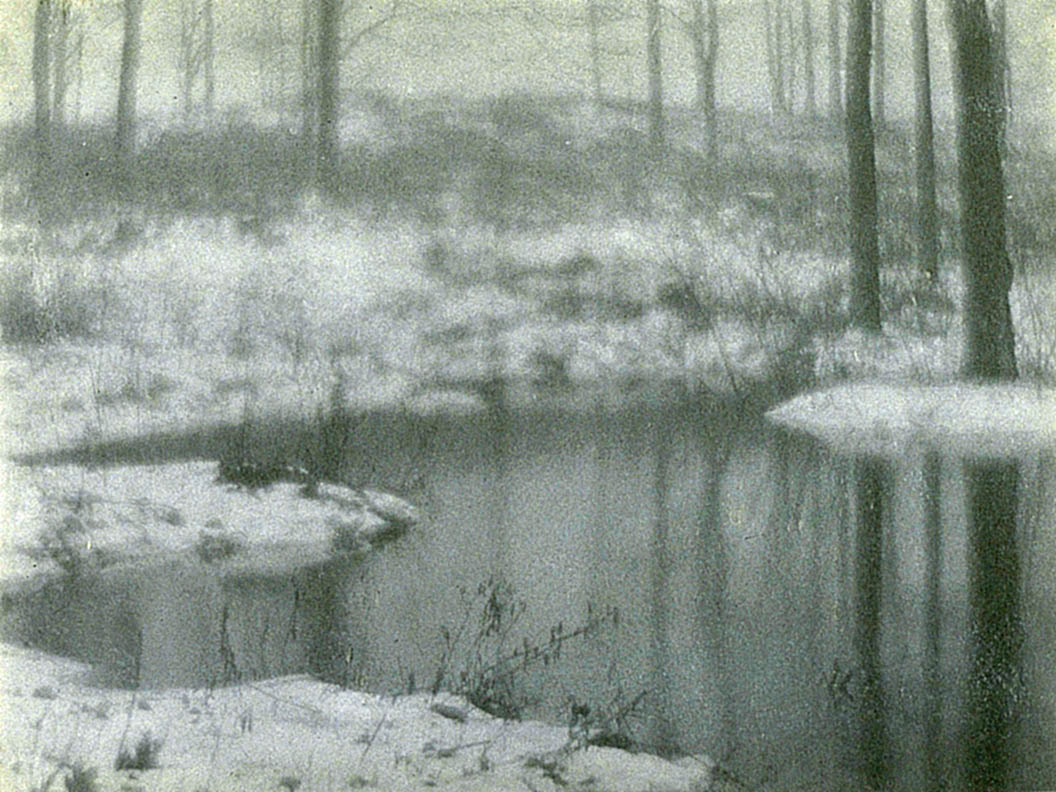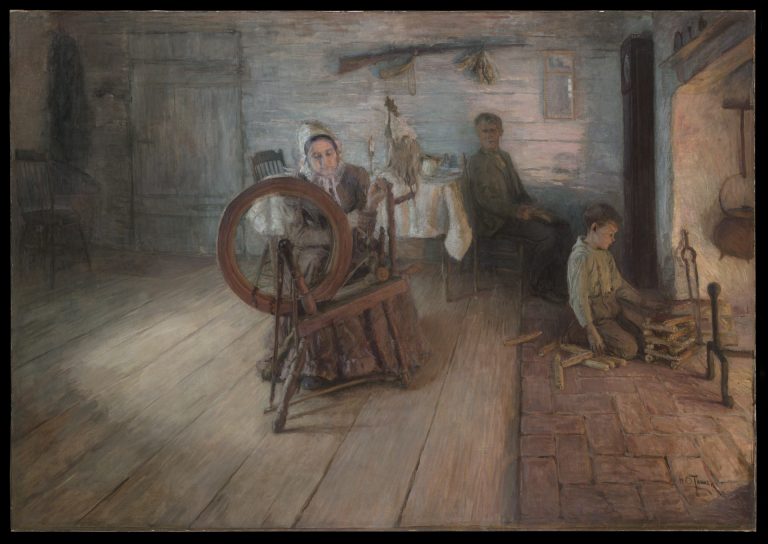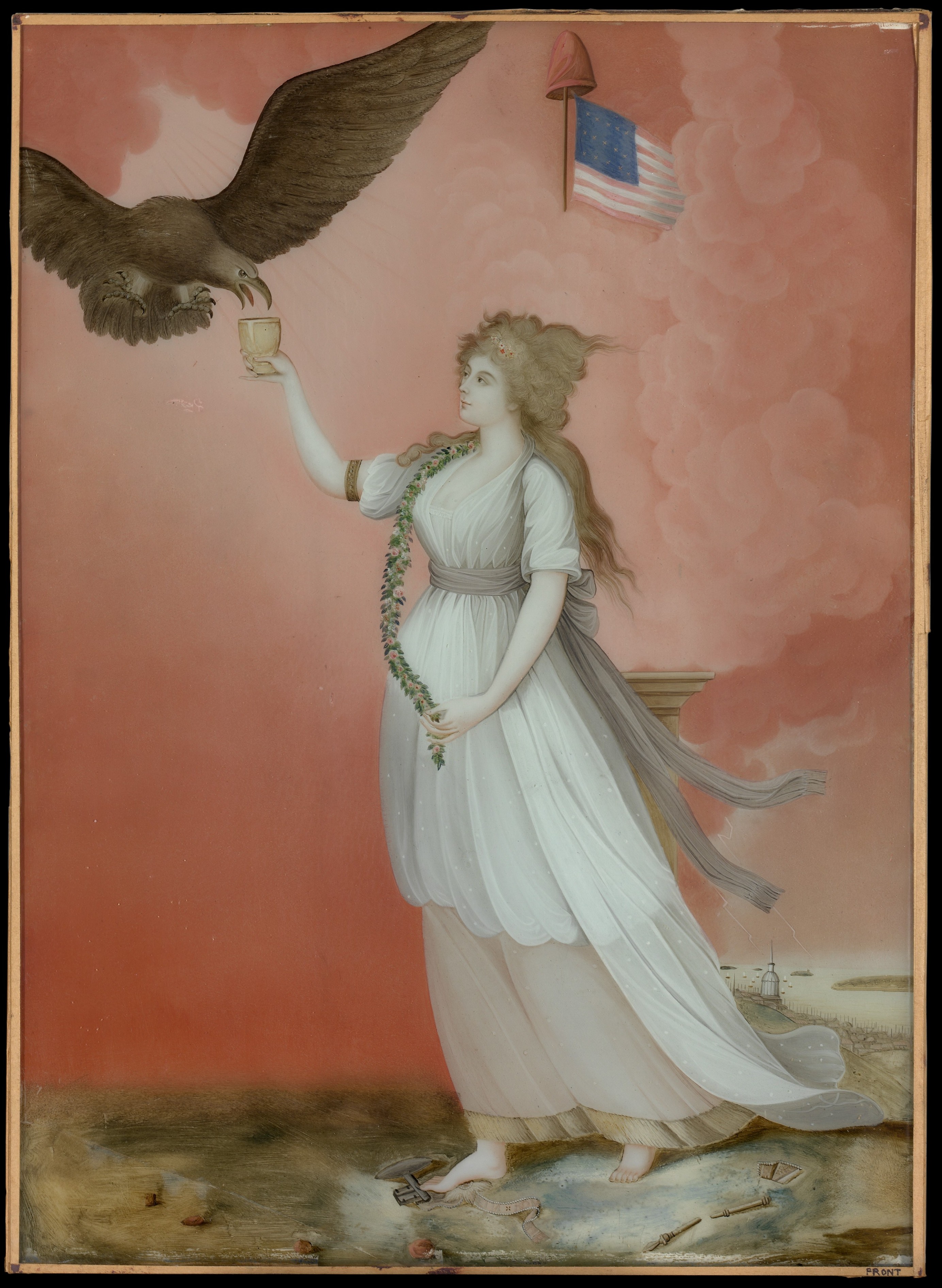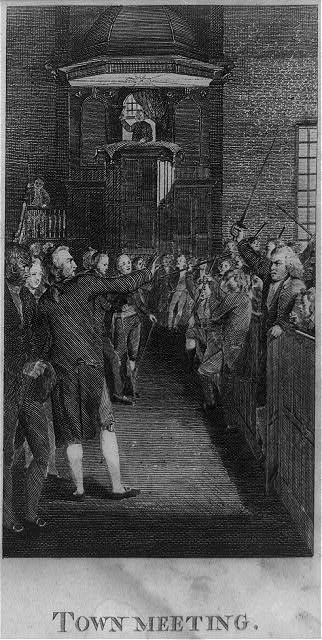Upon a Wasp Chilled With Cold
Edward Taylor
In this reflective poem, Puritan pastor Edward Taylor suggests that humans as spiritual beings may have much to learn from the lesser orders of creation.

Persimmons Branch and Wasp Nest above a Hedge, Shibata Zeshin (Japanese, 1807–1891)
Source: The Metropolitan Museum.
Although he may have composed some of his longer theological poems as efforts to evangelize and instruct his neighbors, much of Taylor’s poetry was a private exercise—a mode of meditation prior to celebrating communion or a record of spiritual epiphanies he experienced, often triggered by careful observation of ordinary daily events. This poem is one of the latter kind, describing a tiny wasp recovering its energy after being chilled. One imagines Taylor sitting at his desk, looking up from the sermon he is writing, and becoming fascinated by the exercises of a small creature in the windowsill next to him.
The bear that breathes the northern blast
Did numb, torpedo-like, a wasp
Whose stiffened limbs encramped, lay bathing
In Sol’s[1] warm breath and shine as saving,
Which with her hands she chafes and stands
Rubbing her legs, shanks, thighs, and hands.
Her pretty toes, and fingers’ ends
Nipped with this breath, she out extends
Unto the sun, in great desire
To warm her digits at that fire.
Doth hold her temples in this state
Where pulse doth beat, and head doth ache.
Doth turn, and stretch her body small,
Doth comb her velvet capital. [2] As if her little brain pan were
A volume of choice precepts clear.
As if her satin jacket hot
Contained apothecary’s shop
Of nature’s receipts,[3] that prevails
To remedy all her sad ails,
As if her velvet helmet high
Did turret rationality.
She fans her wing up to the wind
As if her pettycoat were lined,
With reason’s fleece, and hoists sails
And humming flies in thankful gales
Unto her dun curled palace hall
Her warm thanks offering for all.
Lord, clear my misted sight that I
May hence view Thy divinity,
Some sparks whereof thou up dost hasp [4] Within this little downy wasp
In whose small corporation we
A school and a schoolmaster see,
Where we may learn, and easily find
A nimble spirit bravely mind
Her work in every limb: and lace
It up neat with a vital grace,
Acting each part though ne’er so small
Here of this fustian[5] animal.
Till I enravished climb into
The Godhead on this ladder do,
Where all my pipes inspired upraise
An heavenly music furred[6] with praise.
[1] The sun—so called after the ancient Roman god who personified the sun.
[2] Head (like the crowning ornament on a column).
[3] Recipes.
[4] Fasten or clasp together.
[5] Made of a napped fabric.
[6] Clothed.







